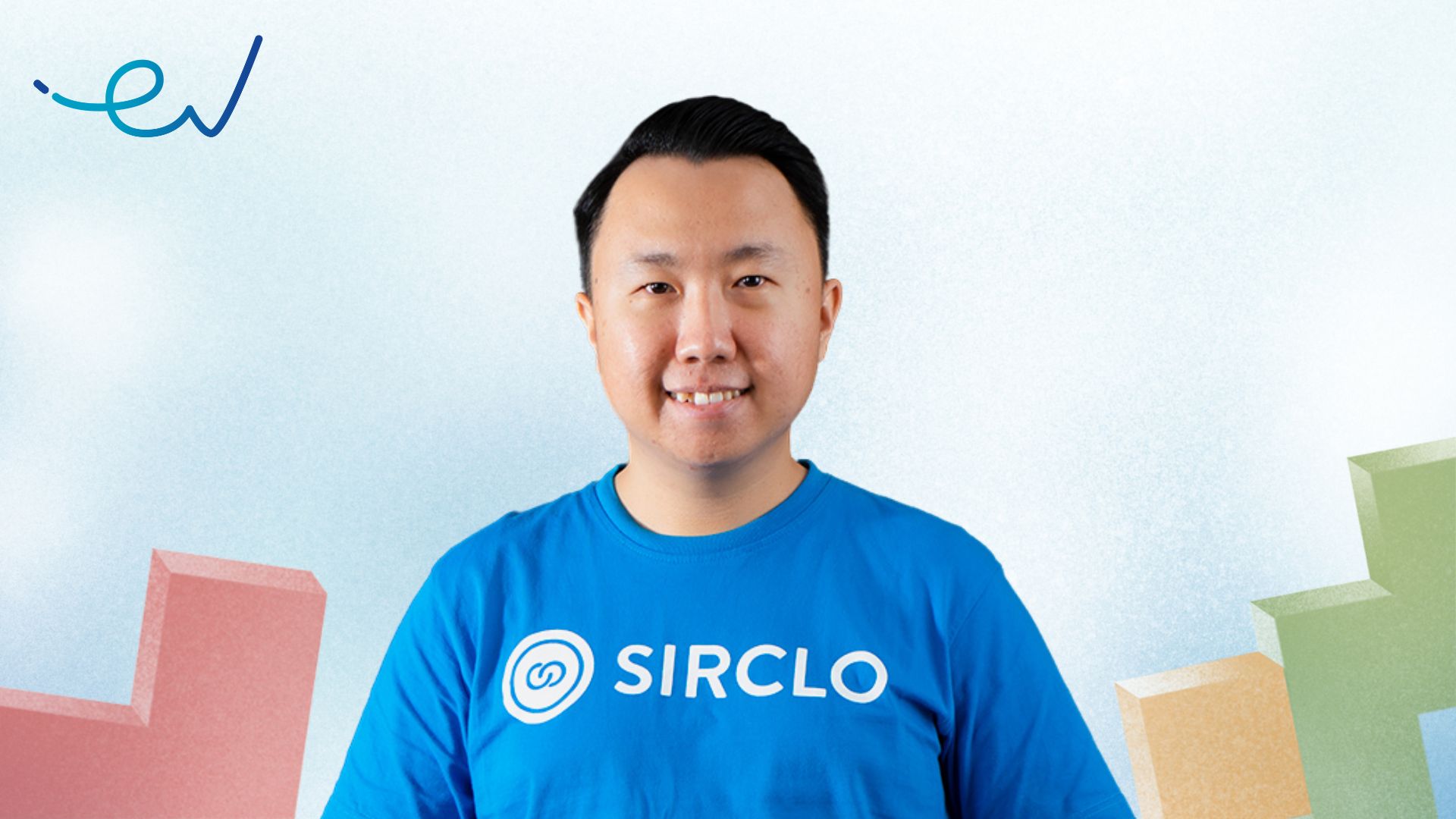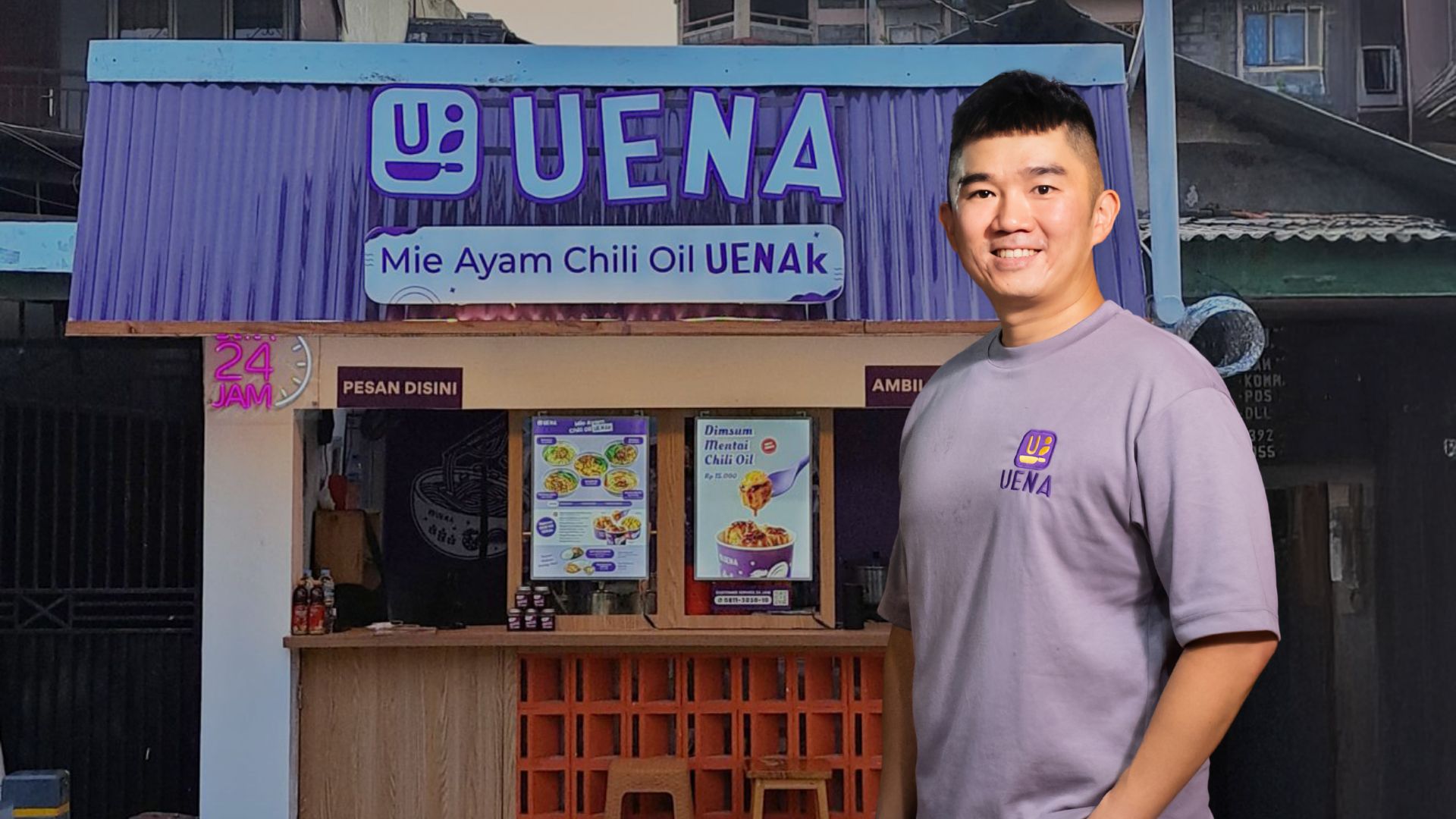It was predicted that the value of the digital economy will keep growing, however the global economy is facing a multidimensional crisis. How will startups keep maintaining important roles as a catalyst for the digital economy’s growth?
We see that the growth of e-commerce is still going well since customers are constantly shifting to online transactions. The pandemic helped accelerate this growth. The second thing is what we commonly refer to as the ‘tech winter’, particularly in e-commerce, where it is closely related to investment allocations that really affected e-commerce’s aggressiveness of marketing and promotion initiatives. In the past, the consumers were assisted by incentives, promos and various forms of marketing. And now it’s starting to get minimal.
However, what I’ve been observing in general is that Indonesia’s economy is pretty resilient. Our domestic consumption is great, and our transactions are mostly dominated by MSMEs, which I believe are the reasons why we are not so reactive towards global volatility.
With the current global conditions, what specific strategies do startups need to prepare to survive, such as from a business model?
One thing that tech companies are suffering from the macroeconomic conditions and global uncertainties is investment scarcity, not about consumption. From what we observed, seeking fundings is much harder compared to the previous years, especially in the last 2 years during the pandemic where liquidity was at its highest. However, from the consumers’ side, we have not seen changes that are as extreme. So, the problem lies in the fundings towards startups and not in consumer behavior. Even though it is true that some people are shifting back from online to offline transactions and promotions are not as intense as they were.
The most immediate factor is fundings. I think what needs to be adjusted, first is how we see the company’s growth rather than loss which they can withstand for a certain period of time in an attempt to achieve growth. The important things are continuous innovations and growth. They do not have to be profitable, but there are matrices that are being measured. As long as those matrices are growing positively, you can be sure to secure fundings or investments.
However, I feel that currently, the general sentiment is that you can not be certain if you will get them. At least for the next year, this will be something that is scarce and many tech startups including SIRCLO need to be wiser in terms of spending, assure resilience, and become profitable as soon as possible. However, if we’re talking about what consumers need, I think our consumers are still enthusiastic and e-commerce keeps growing although the growth is not as swift as during the pandemic. That said, I think the strategy leans more towards fund management to face funding scarcity in the future.
SIRCLO has performed mergers and acquisitions with ICUBE, Orami and Warung Pintar. How has the strategy impacted SIRCLO as e-commerce solution provider and how are these mergers and acquisitions making SIRCLO as a more resilient company in weathering crises?
What we have been doing for the past 2 to 3 years is that every year we do one corporate action starting from acquiring Icube, Orami and eventually Warung Pintar. I think this can be interpreted from two points of view. The first one is as a step to help us disedify and complete the services that we have built on our own. So, there are two businesses, services and features, SIRCLO Store and SIRCLO Commerce. Afterwards, we acquired several other services related to mom & baby that is Orami, new retail that is Warung Pintar, or enterprise software solutions that is Icube. This is more about diversification so we can deliver more services. On a brighter note, in this kind of crisis, we have more options.
On the other hand, the more things we are working on, especially when it comes to startups, we are still innovating so we are still suffering from loss. That being said, more businesses are taking the risks and the investment effort expended is also greater. So, the various services we are offering also result in greater risks and investments. The step we have taken now to face the crisis is how we are maintaining variety when it comes to our services, but we have been paying more attention to priority scales.
We have to know which of those services that need to be highlighted and which are the most profitable ones that deserve our maximum effort. As for the most experimental ones in which the concepts have been diversified, we also need to adjust them based on the current conditions. Some are being prioritized while some are being adjusted based on the risks and investments we can afford during this crisis.
The digital economy is still growing, but the physical and digital infrastructure across Indonesia are still not equal. How is SIRCLO taking advantage of this condition to promote digital equity and digital economy growth, especially in tier 2 and 3 regions in Indonesia?
We have been resetting priorities for the various services we provide. Which one has the highest priority, and which ones we need to lower the priority or the scale. What we noticed is that these tier 2 and 3 cities are intriguing if we’re talking about profitability. That means it is connected to the prevailing problems and business players who are providing fewer solutions. For example, we used to have warehouses in various cities, tier 1, 2 or 3 cities. We used to work on all of them, but considering the current crisis, we have to make a priority list.
And after we zoom-in deeper, tier 1 is very competitive, there are fewer and fewer problems. People have received a lot of digital service options in big cities, so for digital actors it has become very competitive. Meanwhile, in tier 2 and tier 3, the services we experience may not have that many options. There are not as many digital actors in tier 2 or 3 as there are in tier 1. So, for digital players it actually makes more sense if in terms of profitability they try to work on tier 2 and 3.
I see in these times, SIRCLO’s role is more reasonable to see what we can do for tier 2 and 3. Because there are more problems that can be solved, compared to tier 1 which is already very competitive. For digital players, there are actually more problems to solve in tier 2 and 3. Since there is still a digitalization discrepancy compared with tier 1, there is also profit or potential growth that can be seized. SIRCLO is focusing on tier 2 and 3 cities in this time of crisis because we see them as an intriguing priority. I am sure that these efforts will help tier 2 and tier 3 to catch up more quickly from tier 1 in terms of digitalization.
Since e-commerce is closely related to MSMEs, what are SIRCLO’s roles in encouraging MSMEs to go to the next level and promoting digital economy inclusivity in Indonesia?
There are 3 types of MSMEs which SIRCLO is helping. The first type is MSMEs who create their own products and brands such as producing clothes, shoes and food. The second type is working and stay-at-home mothers who want to make more income. The third type is store or stall owners spread across Indonesia.
What exactly we are helping them with is providing access to tools, so they have tools that are easy to understand which elevate them to big players’ levels. For instance, for SMEs who have their own products, we have tools on the SIRCLO store that enable them to market their products in different marketplaces, including our own website, by only paying IDR 200,000 per month. These are also the same tools we use for enterprises who open stores in various marketplaces. So basically we offer the same technology and tools, data analytics platform, as well as inventory mechanism allocation.
The next thing we do is access to sources of goods or fewer middlemen, for example to stalls. With this application, they don’t need to go anywhere, just a click to get the goods or supplies needed and then it can be delivered to them. The second thing we provide is direct access to principals, for example how many stalls/shops do they actually sell goods they buy from big shops, big shops buy from wholesalers, wholesalers buy from distributors. How do we help clients so that they are closer to MSMEs, to consumers from upstream to downstream.
We are also cooperating with various instances that have the mandate to form MSMEs, continue to educate, activate, motivate from city to city to uplift the enthusiasm of our MSMEs. For example, for the last six months, we have been working together with the Ministry of Cooperatives and SMEs through Smesco. There is a turnover harvest program where we go around various cities and conduct workshops for SMEs.
The agenda of inclusive digital economy’s growth is aligned with ESG. How is SIRCLO applying ESG principles and what challenges do you face?
Talking about ESG, it’s a big topic and one that is still being studied and understood. We are also still in the process of understanding our role in any area. But, from these areas, one top priority of ours is how we can carry out all our activities so that they are environmentally friendly. For example, because we help a lot in terms of fulfillment, lately we have been trying a lot to see how our fulfillment process does not impact the environment badly.
We were probably guilty of utilizing a lot of card boxes and bubble wraps since we can deliver up to 1 million orders per month. Those card boxes and bubble wraps also contribute to environmental damage. So, for the past 2 years, we have been actively looking for alternatives for card boxes and plastics. This is one particular area which we have understood and taken actions for.
The second thing is inclusivity for female figures, be it in the company’s internal matters or the MSMEs segment which we cater to. Besides brand or store owners, we also have our eyes on MSMEs revolving around stay-at-home mothers. This can help them improve their economy and contribute to the betterment of the economy through some empowerment we’ve done in Orami.
Download the EV-DCI 2023 here.







